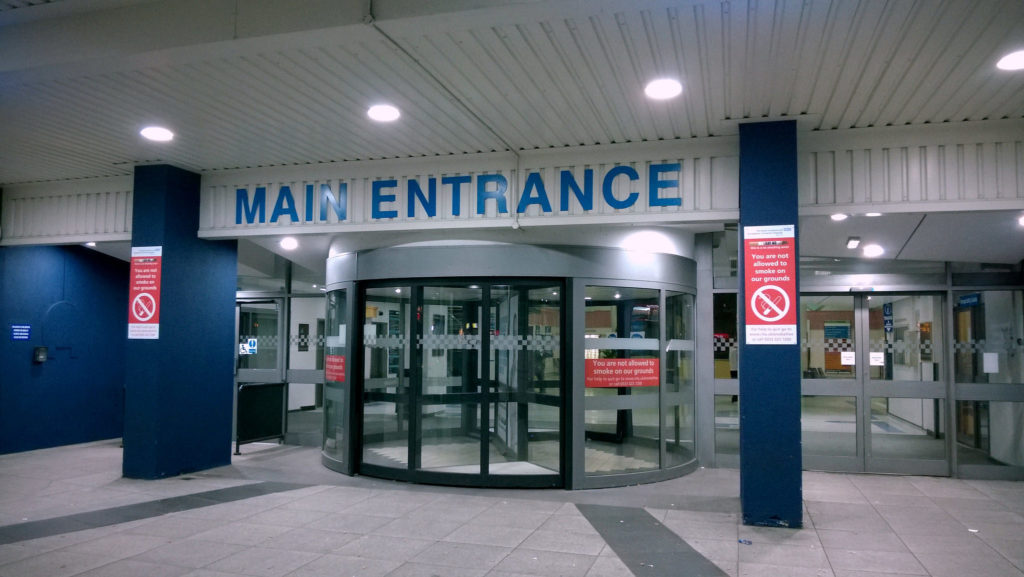Being a preferred provider is a top priority for any home health care business, and developing referral relationships with major health and hospital systems can take some legwork.
Home health care providers are increasingly seeing the value in partnering with hospitals and health systems through joint venture deals, but more often providers are looking to become preferred referral sources or partners in alternative payment models.
Several experts shared their unique perspectives on the matter at the Post Acute Link Care Continuum Conference in Chicago this week, touching on how to win the attention of health systems and explaining how to enhance referral relationships.
Here’s what they had to say:
Push Beyond Expectations
When it comes to approaching a health system or hospital to become involved in an alternative payment model or just to build a referral relationship, hospital management likely already has an idea of the type of services and support they need.
However, hospital and health system partners may not always be aware of all services, supports or data that could benefit them. When home health providers come to the negotiating table to become preferred providers, thinking outside the box or offering something outside expectations can often result in a better solution.
It’s up to [senior care providers] to be “pushing back on what they think they want,” Kim Majick, chief development officer at Carespring Health Care Management, a senior care provider that offers skilled nursing and rehabilitation services, as well as assisted living and independent living communities, said during a panel on partnering with health systems. “You have to peel back the layers patiently so they know what they want.”
For example, a health system may say they need to improve and measure certain quality metrics, but an alternative support or data collection solution may also be of value when presented. This is also where health care providers with specialty services or focuses could benefit and prove their value.
Expect Change
Negotiating with a health system is subject to change when the process moves from talks with management to implementation with case managers, according to Alan Funk, President of Pomeroy Living, a senior living company that offers rehabilitation, short- and long-term care, memory care, respite care and hospice care.
“It’s reasonable to expect that who you deal with and what the deal is is likely to change,” Funk said during the panel discussion. “People you are dealing with [at first] are often not the people executing the plan.”
It is therefore important to have some flexibility as referral relationships play out, he added. It can also be valuable to expect some changes to occur to a care plan or transitional care.
“[When] the CEO of a health care company says they’re going to do something, good luck going to a case manager with that,” he said.
To combat sudden changes in expectations with different managers, health care providers should always keep in mind the value proposition of a health system, particularly major ones, to anticipate the “nuances of a large system,” he said.
“Keep in mind, ‘what’s in it for them?’” he concluded.
Above all, providers should keep the goals of hospitals and health systems in mind, but also be sure to know the goals of their own organization and what value a relationship can create.
Written by Amy Baxter




